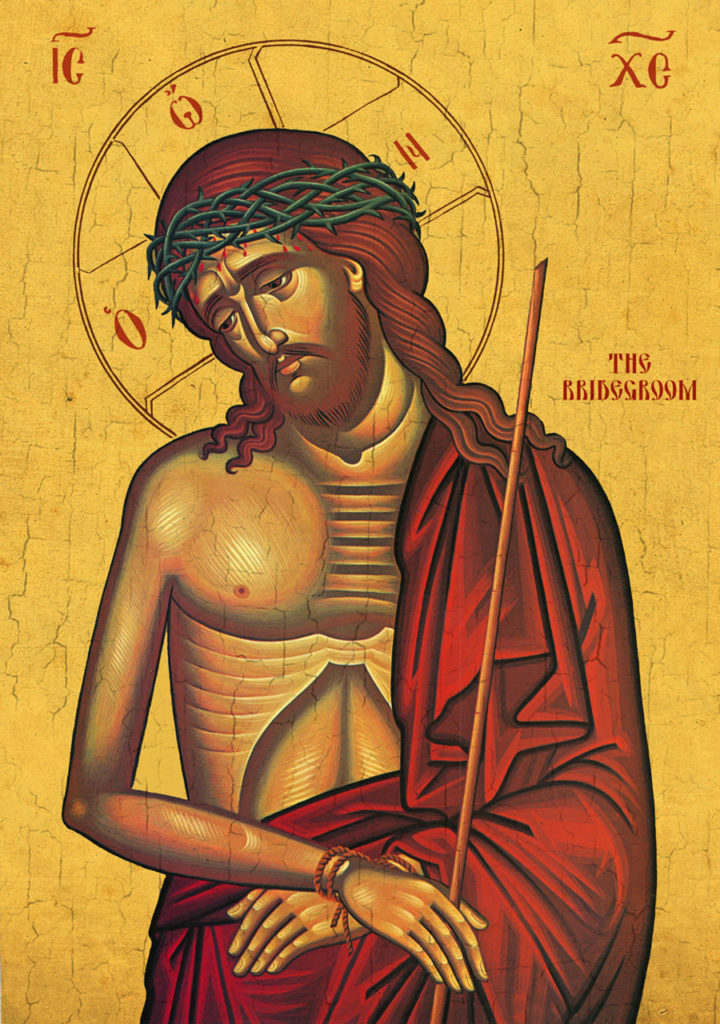Jesus’ Passion: A Spiritual Reflection through Scripture and Historical Insight

As we approach Holy Week, I felt it would be spiritually enriching to engage in Bible study and personal reflection on the Passion narratives (written during Lent, 2025).
The Passion of Jesus Christ—the sacred narrative of his suffering, crucifixion, and death—is at the heart of Christian spirituality. Through the profound beauty and pain captured in Scripture, Christians encounter the depth of God’s love manifested in human history. The Gospels invite us into moments filled with human anguish, divine strength, betrayal, compassion, and ultimately, redemption.
As Christians, we typically approach the Passion through the prayerful contemplation of Scripture, letting the words of the evangelists guide our hearts closer to Christ’s experience. Mark offers us a Jesus who feels abandonment deeply in the garden of Gethsemane: “My soul is deeply grieved, even to death” (Mk 14:34). This poignant honesty in Scripture reminds us of Jesus’ humanity, his identification with our deepest moments of loneliness or distress. Raymond E. Brown, in The Death of the Messiah notes how each Gospel presents the emotional turmoil differently but authentically, inviting us to see that Jesus’ anguish was real—not merely symbolic—and thus profoundly relatable to our own spiritual struggles.
Meanwhile, Matthew emphasizes the fulfillment of ancient prophecies, reassuring the Christian believer of God’s providential control even amid human cruelty. Yet historical scholars also highlight how the Gospel writers intertwined history with theological meaning, not to diminish historical reality, but to illuminate deeper truths. The Passion narratives weren’t simply recorded as history books might be; instead, they were reflections born of faith, shaped by early Christian communities seeking spiritual meaning amidst persecution and suffering. Understanding this invites us not merely to read these accounts as distant historical events, but as stories that continue to speak powerfully into our lives today, offering comfort, courage, and conviction.
Luke’s portrayal gently underscores Jesus’ compassion during his suffering. Even as he is crucified, Luke’s Jesus offers forgiveness to his executioners, saying, “Father, forgive them, for they do not know what they are doing.” (Lk 23:34). Scholars highlight this unique emphasis as illustrative of Luke’s pastoral message to his own community: compassion in suffering becomes a powerful spiritual example for believers to follow. Through Luke’s eyes, we don’t merely witness a tragic injustice; we experience Jesus modeling forgiveness and mercy as spiritual virtues in the face of profound injustice and cruelty. This inspires Christians toward empathy and reconciliation even in the midst of personal wounds.
The Gospel of John uniquely portrays the Passion as a revelation of divine glory rather than humiliation, highlighting Jesus’ ultimate authority and control, even as he submits himself to execution. John frames Jesus’ crucifixion not as defeat but as triumph—Christ confidently declares, “It is finished” (Jn 19:30). Here, historical scholarship deepens our spiritual reflection by illuminating symbolic meanings often unnoticed. Brown notes how John’s timeline places Jesus’ death at the same time Passover lambs were being slaughtered, reinforcing the spiritual truth that Christ is indeed our true Passover lamb, whose sacrifice sets humanity free from sin and death. Such insights encourage us to appreciate the deliberate spiritual symbolism woven into the fabric of Scripture, enriching our devotional meditation.
Furthermore, outside historical sources, including Roman historian Tacitus (see Tacitus on Jesus on Wikipedia) and Jewish historian Josephus (see here), corroborate the reality of Jesus’ crucifixion under Pontius Pilate, grounding our faith in historical authenticity. Though their references are brief and sometimes detached, they serve as poignant reminders that Jesus was not merely a mythical figure but truly entered human history. This historical affirmation deepens our spiritual conviction, confirming that Christ truly walked among us, fully human and fully divine, suffering a very real and painful death out of love for humanity.
Early Christian writings, such as the non-canonical Gospel of Peter, also expand the spiritual imagination around Jesus’ Passion, including miraculous elements like cosmic darkness (verses 15 to 18, and 20 to 22). Although not scripture themselves, these writings show how early Christians passionately wrestled with the significance of Christ’s suffering. They remind us today to remain open to the mystery and wonder surrounding Christ’s Passion, recognizing that no single perspective can exhaust its spiritual depth.
Pastorally, embracing insights from Scripture allows us to see the Passion as an invitation—a spiritual journey guiding us through Christ’s profound self-offering. It assures us that suffering, though painful, is never meaningless. For instance, when we experience loneliness—perhaps through losing someone we love or feeling misunderstood by others—we find solace knowing that Christ, abandoned by His closest friends, shares intimately in our isolation. In moments of betrayal, whether by friends, family, or colleagues, reflecting on Christ’s betrayal by Judas can help us process our pain and seek healing through forgiveness rather than bitterness. Likewise, when faced with personal failures or mistakes that weigh heavily on our hearts, we can look to the mercy that Christ extended even from the cross, offering us hope and renewal. Christ’s Passion is therefore not merely historical data to analyze or theological doctrines to debate; it is a deeply personal event, echoing in our own lived experiences of suffering, loneliness, betrayal, forgiveness, and ultimately, the enduring promise of hope.
In combining the vivid Scriptural accounts of Jesus’ Passion with thoughtful insights from historians and theologians, Christians can experience a richer, more profound spiritual journey. By recognizing how the Gospel writers wove spiritual truths into historical realities, we discover that the Passion is not confined to the past—it becomes alive, offering endless possibilities for spiritual renewal, reflection, and transformation in our lives today.
May that during our difficult moments, we find strength through reflecting on the Passion of Jesus. May His perseverance in suffering inspire us to endure our own trials with patience and hope. Purify our heart, Lord, during this holy season of Lent, that through sacrifice and surrender, we may draw closer to You. In Your mercy, renew our spirit, guide our steps, and grant us peace in Your presence. Amen.